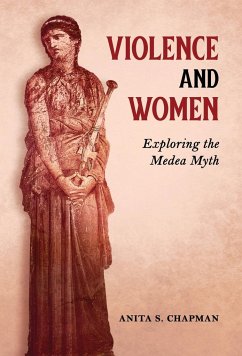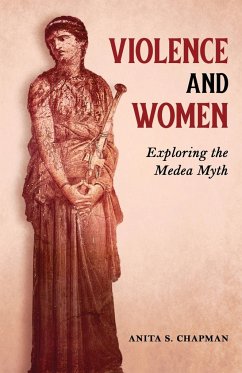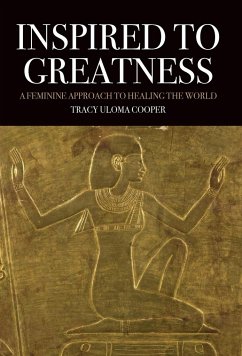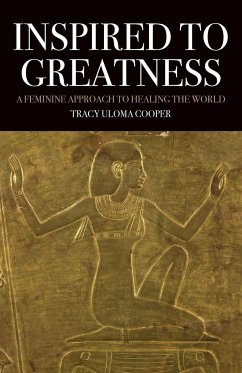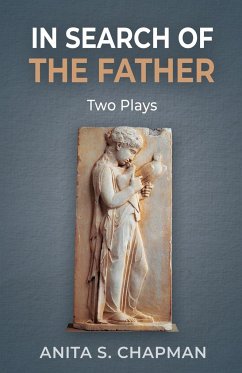The archetypal story of Medea is a cautionary tale for our era. Jason and Medea's marriage, favored by the gods, represents an attempt at a union of opposites very far from each other. They represent the masculine and feminine principles, covering a wide range of psychological, sociological, and historical aspects. This synthesis fails. In the myth, as Euripides presents it, the failure is caused by Jason's regression and submission to the exclusivity of the patriarchal principle - the Old King. Medea, who not only represents the feminine but also the forces of Nature and Transformation, is profoundly incompatible with this regression. She reacts! She destroys and creates havoc. This is what the unconscious does when it is not heard or denied. In the end Medea is saved by the gods, the divine principles or psychic laws that regulate the laws of Nature and Transformation in the psyche. They support her to the bitter end. Table of Contents Preface PART ONE Introduction The Medea Rage The Myth of Medea Euripides: Medea PART TWO Historical and Cultural Background Euripides' Place in Greek Theatre in Fifth Century BC The Truth of Medea for the Greeks The Universality of Medea's Truth PART THREE Edith Jason Medea & Jason The Poet and the Women Concluding Remarks Epilogue Bibliography
Hinweis: Dieser Artikel kann nur an eine deutsche Lieferadresse ausgeliefert werden.
Hinweis: Dieser Artikel kann nur an eine deutsche Lieferadresse ausgeliefert werden.

